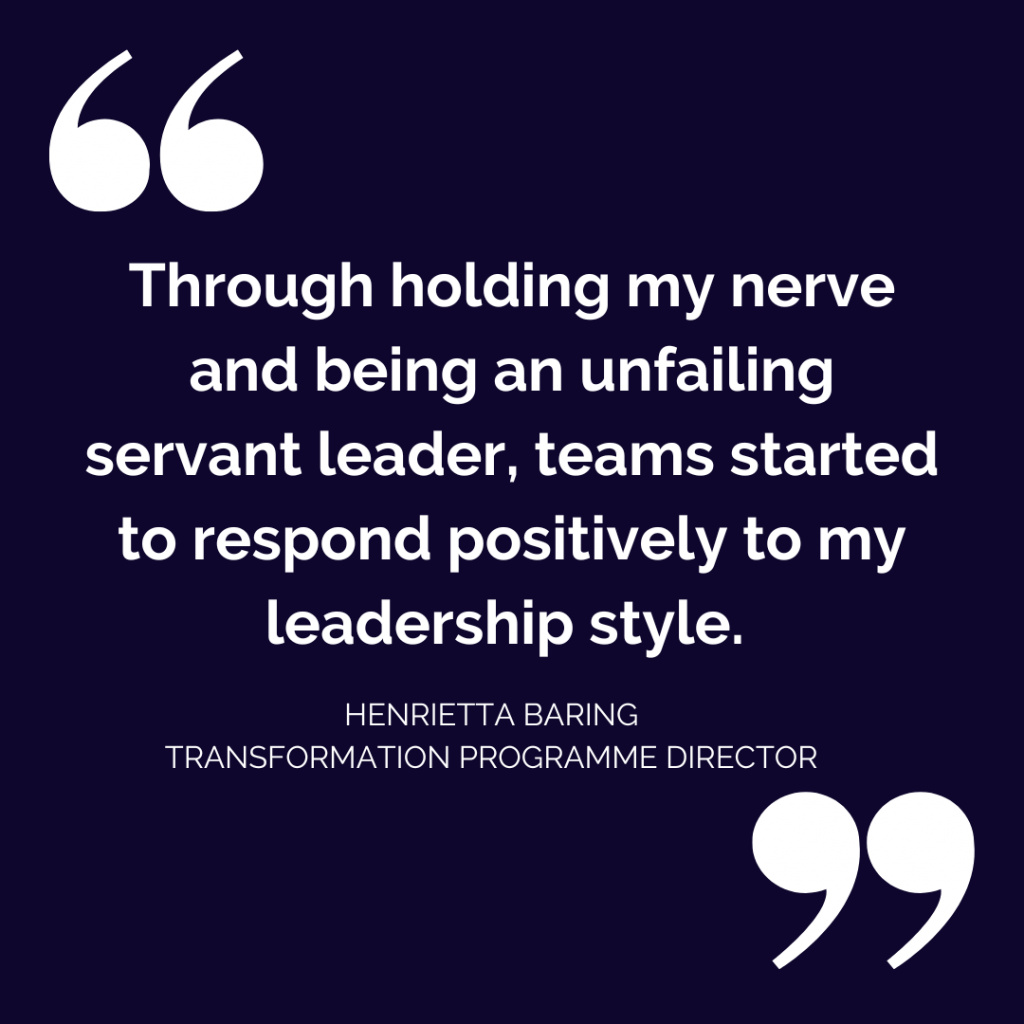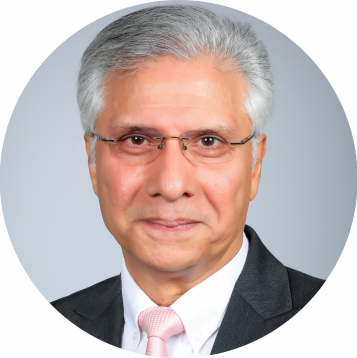This International Women’s Day, it’s important to recognise the contributions of women across all industries, but especially in the fields of technology and transformation where gender parity remains stunted. While progress is being made, there is still a long way to go. Women continue to face obstacles and challenges in male-dominated industries and so the theme of IWD this year is #EmbraceEquity.
It reminds us that we need to work together to create a world that is free of bias, stereotypes, and discrimination. A world where everyone is given the exact resources and opportunities needed to reach an equal outcome. By embracing equity, we can celebrate women’s achievements, raise awareness about discrimination, and take action to drive gender parity.
In celebration of diversity and inclusion, we had the privilege of interviewing some of our inspiring female associates who work in various disciplines in the technology and transformation field. We asked them a series of questions to gain insights into their experiences and challenges, and any advice for other women who aspire to pursue a career in the industry. We hope that these interviews will inspire you to embrace equity in your own life and take action towards a more inclusive workplace.
In our second instalment, Transformation Programme Director, Henrietta Baring, discusses how a servant leadership style helped her break through, and the importance of diverse, collaborative teams.
1. What inspired you to pursue a career in tech/transformation, and what do you enjoy most about your job?
I love the diversity of the role that a typical transformation brings. I thoroughly enjoy collaborating with teams to make the change successful. I see technology as one of the enablers for change and allows for innovation in solutions put forward such as AI and machine learning, which is always fun.
2. How have you overcome any obstacles or challenges in your career as a woman in a male-dominated industry?
When I first landed a lead role in Australia for a multi-million supply chain transformation, I had a lot of dismissive male colleagues who thought I was not capable of leading such a programme of work. Through holding my nerve and being an unfailing servant leader, teams started to respond positively to my leadership style. With that, wins came on the board and that led to changing the attitude of the male leaders around me.

3. How have you seen the industry change over the years in terms of gender equality and inclusivity?
Over the years I have certainly seen industries in general change for the better in terms of gender equality and inclusivity, but there is still a long way to go on equal pay, and balance at the board level.
4. What advice would you give to other women wanting to start a career in tech?
Stick to your beliefs, try not to be impacted by petty, negative back chat. You have every right to pursue a career in Tech, and it can be so rewarding.
5. How do you think the technology sector can become more inclusive?
The technology sector outside and within organisations are key enablers for success in driving and embracing an organisation’s profitability and sustainability in the economic world. There needs to be further industry acknowledgement that proactive actions are required to continue to address the inequality and diversity agenda. As skills like emotional intelligence, honesty, determination, multi-tasking and collaboration are more widely seen as imperative leadership traits, this will also help drive that agenda.
6. How have you benefited from working with colleagues from diverse backgrounds, and what can we do to encourage greater diversity in our workplace?
I have personally benefited from collaborating with colleagues from diverse backgrounds by being able to discuss and see things from a totally different perspective. Collaborating with colleagues who have different skills and experiences has always, from my experience, resulted in better outcomes. If you just take the 2010 Chilean mining accident where 33 men were trapped 700 meters underground and 5 kilometres from the mine’s entrance as an example. They were rescued after 69 days. The rescue team was a diverse team from different professions and countries. It took that diverse, collaborative team to drive a successful rescue.
7. What initiatives or policies do you believe organisations can implement to support and promote gender equity in the workplace?
Level-up the gender pay gap. Have a process that shines the light on gender silos and look to actively balance these silos.
8. Finally, who are some women that you admire and look up to, either within the industry or beyond?
Elizabeth Theophille, Karenann Terrell to name but two, but there are thankfully many more women who are breaking through the glass ceiling and whom I admire.




































































